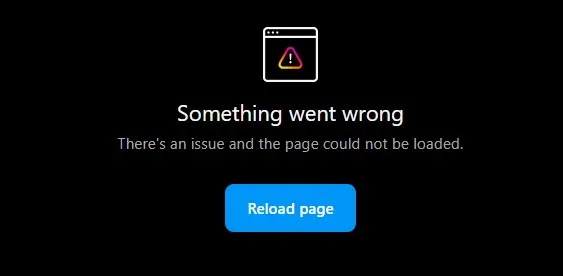What You Don’t Know About Facebook’s Outage
Facebook’s recent outage shed light on the vulnerabilities and dependencies inherent in today’s interconnected digital ecosystem. The outage, which lasted for several hours, disrupted access to Facebook, Instagram, WhatsApp, and other services owned by Meta Platforms Inc.
The outage underscored the significant impact that a single point of failure can have on millions of users and businesses worldwide. It also raised concerns about the concentration of power held by tech giants like Meta, whose platforms have become integral to communication, commerce, and social interaction.
While the exact cause of the outage remains unclear, speculation has centered around technical issues related to Meta’s infrastructure, such as DNS routing errors or configuration problems. Regardless of the root cause, the incident serves as a wake-up call for organizations to diversify their digital infrastructure and reduce reliance on a single provider or platform.
In response to the outage, Meta issued apologies and assurances that steps would be taken to prevent similar incidents in the future. However, the incident highlights the need for greater transparency, accountability, and resilience in the digital infrastructure that underpins our daily lives.
Moving forward, organizations must prioritize resilience and redundancy in their digital strategies to mitigate the impact of future outages and disruptions. This may include implementing multi-cloud architectures, redundant networking solutions, and disaster recovery plans to ensure business continuity and minimize downtime.
Ultimately, Facebook’s outage serves as a reminder of the interconnected nature of the digital world and the importance of proactive measures to protect against unforeseen disruptions.
